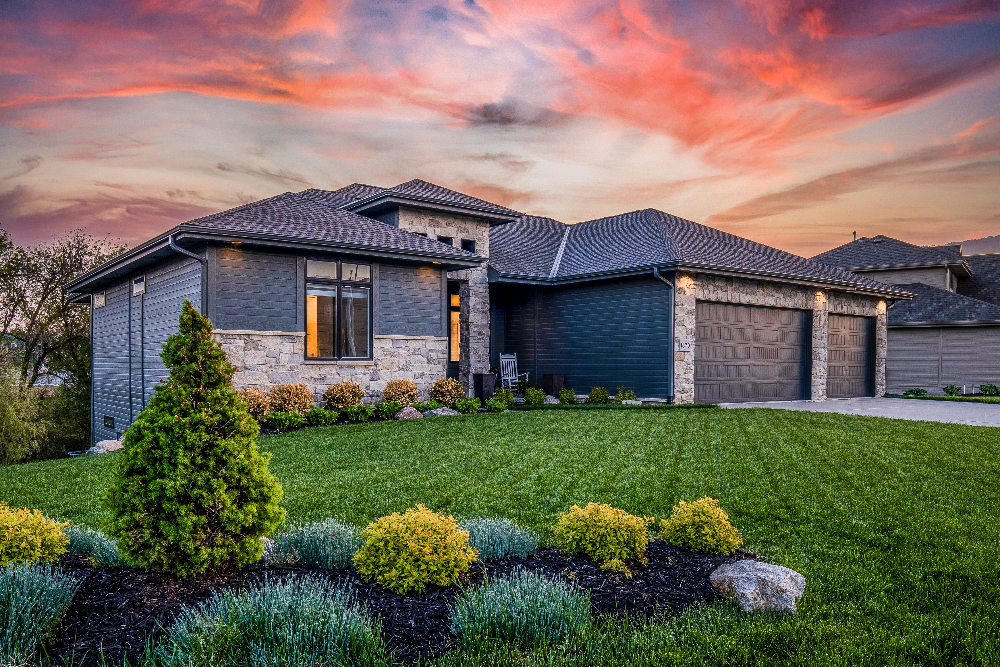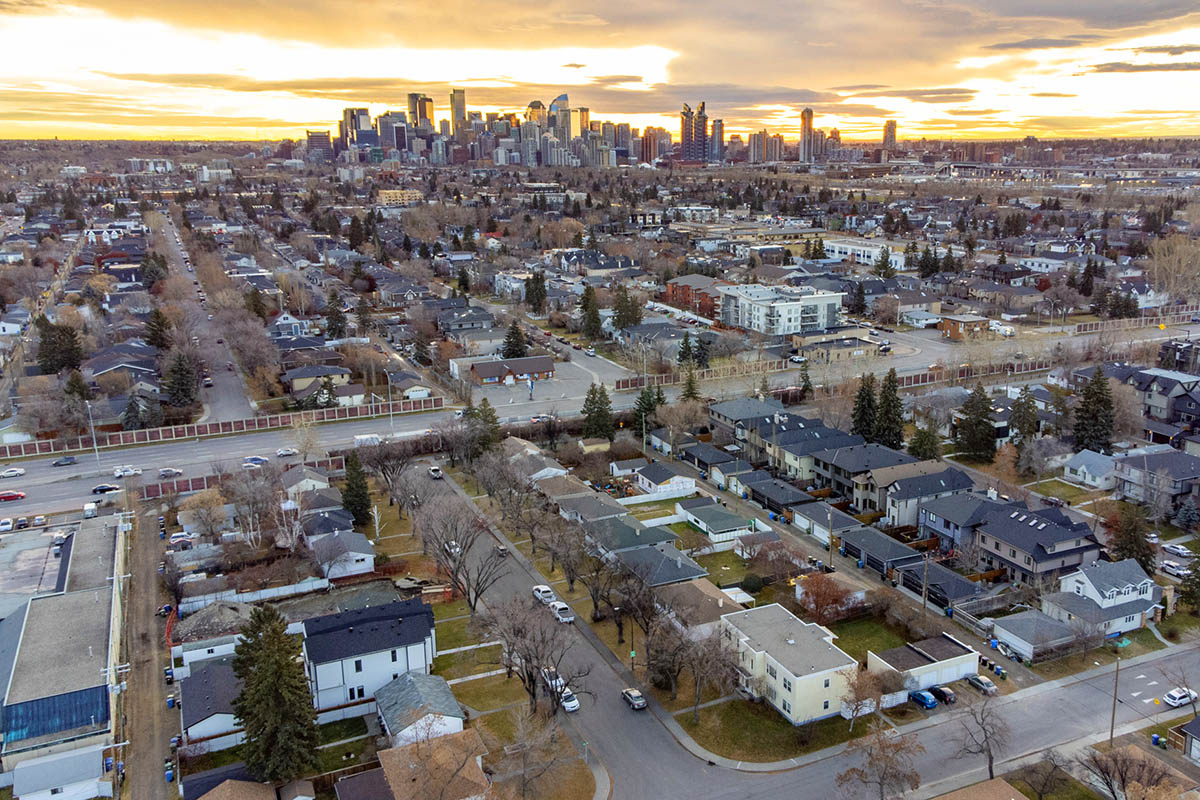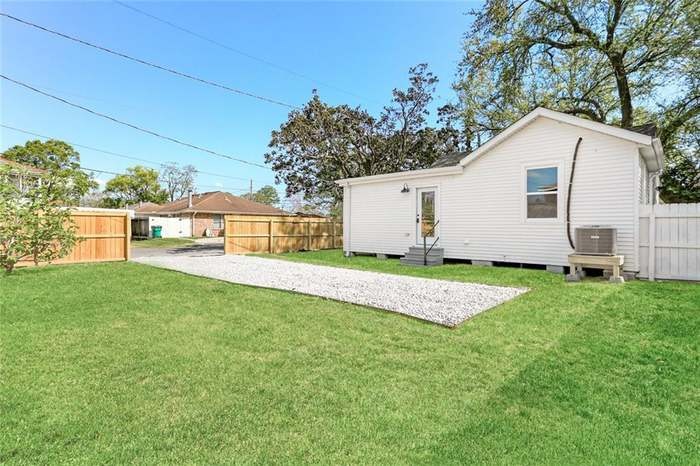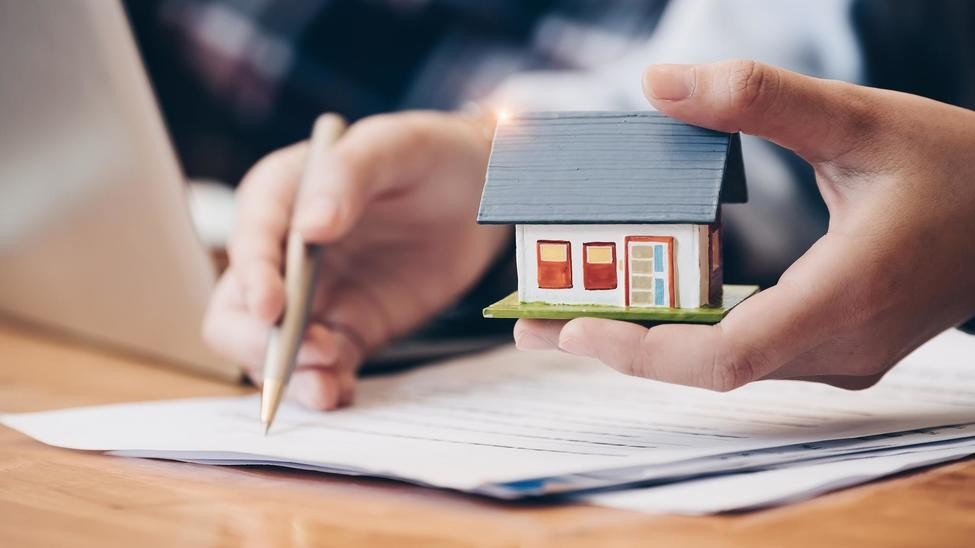What does “investing in real estate” mean? There is actually a bit of confusion here. Technically, any real estate purchase is an investment simply because homes are not disposable products, and they tend to last longer than people live. Moreover, even if they do not, it is unusual for a person to live in a property their entire life. Therefore, when you buy a property to live in, you are making an investment.
This is quite obviously the case when you consider the realities of browsing homes for sale or looking for potential buyers for your existing home. CityHome Collective, a real estate brokerage out of SLC, Utah say that no realtor is properly doing their job if they do not advise on value. Specifically, on how it likely to increase or decrease over time.
This increase and decrease of value are what makes a home an investment. Even if there is an interim period of living in a home for twenty years, if it sells for more than it was originally bought for (adjusted for inflation) then the home can be considered a good investment – as well as a home.
Natural value factors are often out your hands and include things like the value of the surrounding areas and the local amenities. Nevertheless, there are many things a homeowner can do themselves to boost the value of a home over time.
Many realtors will advise on renovations which can be made to ensure that, when the time comes to sell the home, it goes for more than was paid for it. The fact that homeowners actively make these changes themselves means that they are treating the property like an investment, as they often wish to see more value added to the home than the price of the renovation or upgrade.
Again though, the boundary is somewhat blurred by the fact that such renovations and upgrades are also made to make the home more livable. Purchasing a home can be seen as an investment, but it is also just purchasing and living in a home.
A Real Investment
Sometimes, a property is bought for the purposes of investment, and those lines are not blurred at all. A classic example is buying a home to rent. In such a case, the property is bought without the desire to live in it, only to make money from it – initially through the rent and ultimately when selling it again. Another good example is the fixer-upper, which is when a run-down property is bought with the intention of doing it up and selling it on.
The thing is, however, the type of individuals (or companies) who undertake this type of process usually have pretty hefty budgets to work with. But can you do the same without one?
Investing with a Limited Budget
As it happens, yes you can. But it should come as no surprise that it requires a few distinct strategies. One of these is known as house hacking, in which a home is bought, and the buyer lives in only one room as their primary residence and rents out the other rooms.
Following this strategy, as well as others, requires a reduced down payment. Normally, an FHA loan is sought, which can make this much more manageable. Nonetheless, for that to be feasible, the borrower needs to have a mortgage insurance premium, a healthy debt-to-income ratio, and proof of employment and steady income.
So, a home is also an investment. But to make it a more professional investment, some strategies need to be used.







Comments